Publications
Articles, publications, books, tools and multimedia features from the U.S. Institute of Peace provide the latest news, analysis, research findings, practitioner guides and reports, all related to the conflict zones and issues that are at the center of the Institute’s work to prevent and reduce violent conflict.
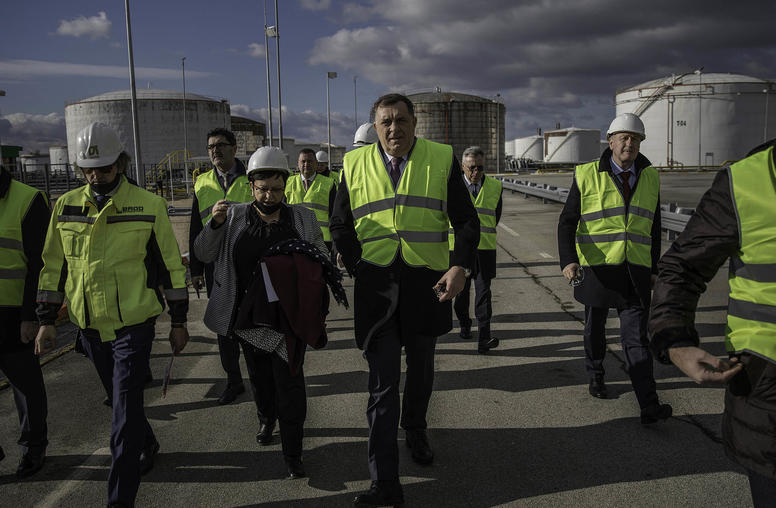
Dislodging Putin’s Foothold in the Balkans
The impact of Russia’s invasion of Ukraine on the Balkans can only be understood by considering Moscow’s malign influence in the region from a broader perspective. While Russia has specific objectives related to each individual country in the region, its overall objective is clearly to target the Western Balkans through a divide and rule approach, using multiple tools of influence. While the United States and its European partners focus on the war in Ukraine, Russia is taking the opportunity to nibble away at NATO’s borders and to sow discord in countries hoping to some day present a strong case for joining the European Union.
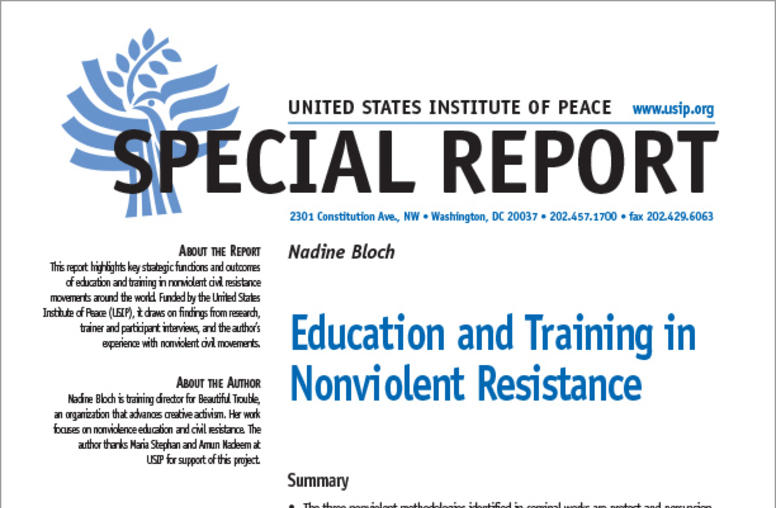
Education and Training in Nonviolent Resistance
Civil society around the world has demonstrated the ability to bring about change without violence. Critical to civil society’s success is preparing communities to undertake safe and strategic nonviolent action (NVA) movements. Previous research on NVA has focused on three broad methodologies: protest and persuasion, noncooperation, and intervention. This Report contributes to the knowledge on NVA by highlighting key strategic functions and outcomes of education and training–a fourth and crit...
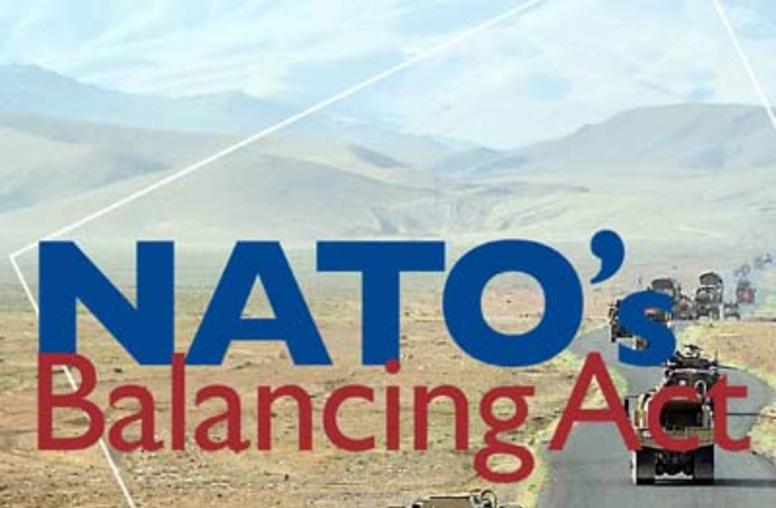
NATO’s Balancing Act
NATO's Balancing Act evaluates the alliance’s performance of its three core tasks—collective defense, crisis management, and cooperative security—and reviews its members’ efforts to achieve the right balance among them. Yost considers NATO's role in the evolving global security environment and its implications for collective defense and crisis management in the Balkans, Afghanistan, Africa, Libya, and elsewhere.
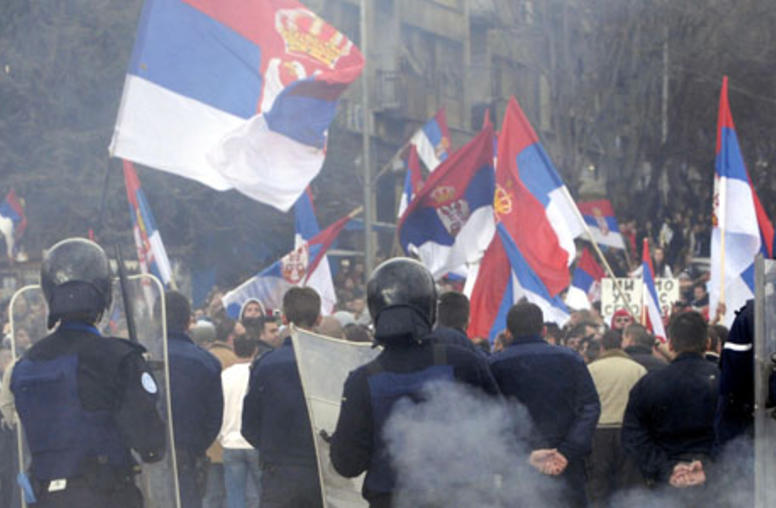
Kosovar Albanian Women Want to See an End to the Divide in Their Communities
A group of eight Kosovar Albanian women visiting the U.S. for six weeks said reconciliation is progressing in parts of Kosovo, and they expressed hope that a historic agreement this year to normalize relations with neighboring Serbia might ease tensions in majority Serb North Kosovska Mitrovica, Leposavić, Zvečan and Zubin Potok.
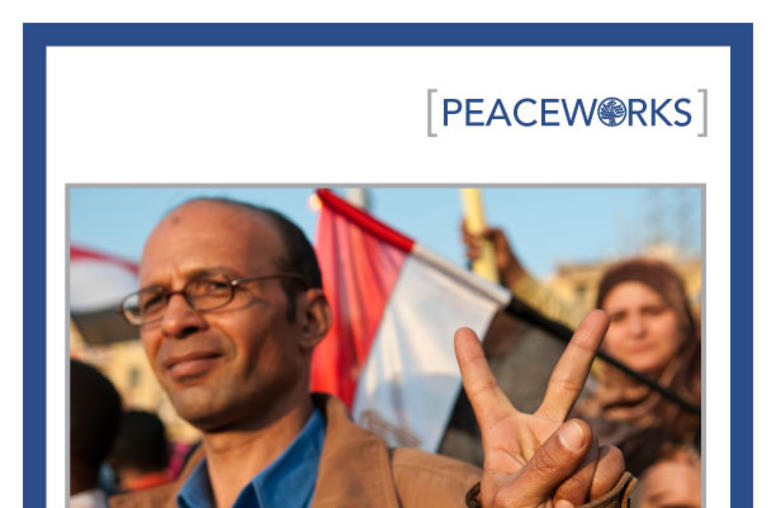
Democratic Breakthroughs: The Ingredients of Successful Revolts
Although each revolution is different, each successful case of democratic breakthrough shares common domestic and international influences. This report examines 11 cases of past successes at removing autocratic regimes and establishing elections. It then applies its findings to the emerging revolutions of the Arab Spring.
A Multimedia Online Atlas of War Crimes in Bosnia-Herzegovina
Over the years, the USIP Grant Program has supported a number of noteworthy projects aiming to develop large-scale public archives of primary and secondary information about conflicts in various countries. A particularly impressive documentation effort is being carried out by a nongovernmental organization in Bosnia-Herzegovina, the Research and Documentation Center (RDC), whose work has been supported by two USIP grants, one of which commenced in May 2010 and remains ongoing.

Truth Commission Digital Collection
The United States Institute of Peace’s Truth Commissions Digital Collection is part of the Margarita S. Studemeister Digital Library in International Conflict Management. The collection contains profiles of truth commissions and substantive bodies of inquiry from nations worldwide - offering general background information on the composition of each body, links to the official legislative texts establishing such commissions, and each commission's final reports and findings.
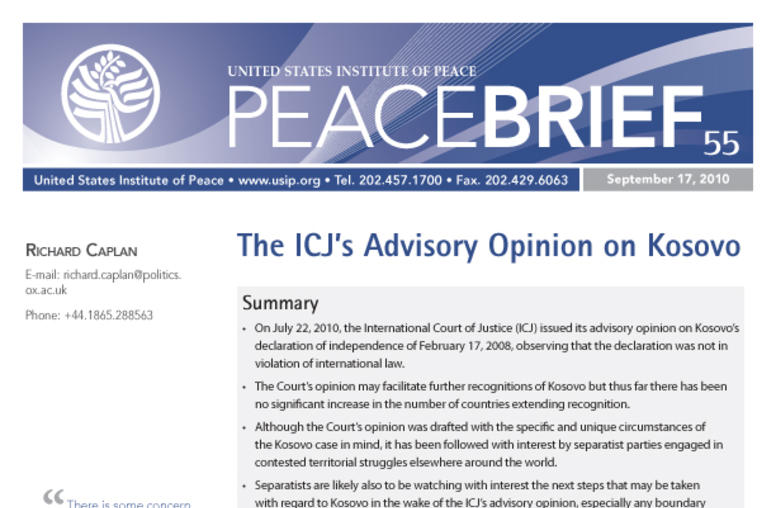
The ICJ’s Advisory Opinion on Kosovo
On July 22, 2010, the International Court of Justice (ICJ) issued its long-awaited advisory opinion on the legality of Kosovo’s declaration of independence of February 17, 2008. The expectation had been that the ICJ would offer a mixed ruling that would give some comfort to Serbia and some support to Kosovo. Instead, by a majority of 10 to four, the ICJ concluded that “the adoption of [the] declaration did not violate any applicable rule of international law.” While the advisory opinion will ...
ICJ Advisory Opinion on Kosovo Independence Declaration
The International Court of Justice gave its opinion on July 22, 2010 on the legality of the 2008 secession of Kosovo. USIP's Daniel Serwer, Vice President of the Centers of Innovation and head of the Balkans Working Group, weighs in on the decision.

Balkans Initiative
USIP has been engaged in the Balkans since 1996, starting in Bosnia immediately after the signing of the Dayton Accords, and later expanding its activities to Kosovo, Serbia, Montenegro, and Macedonia.